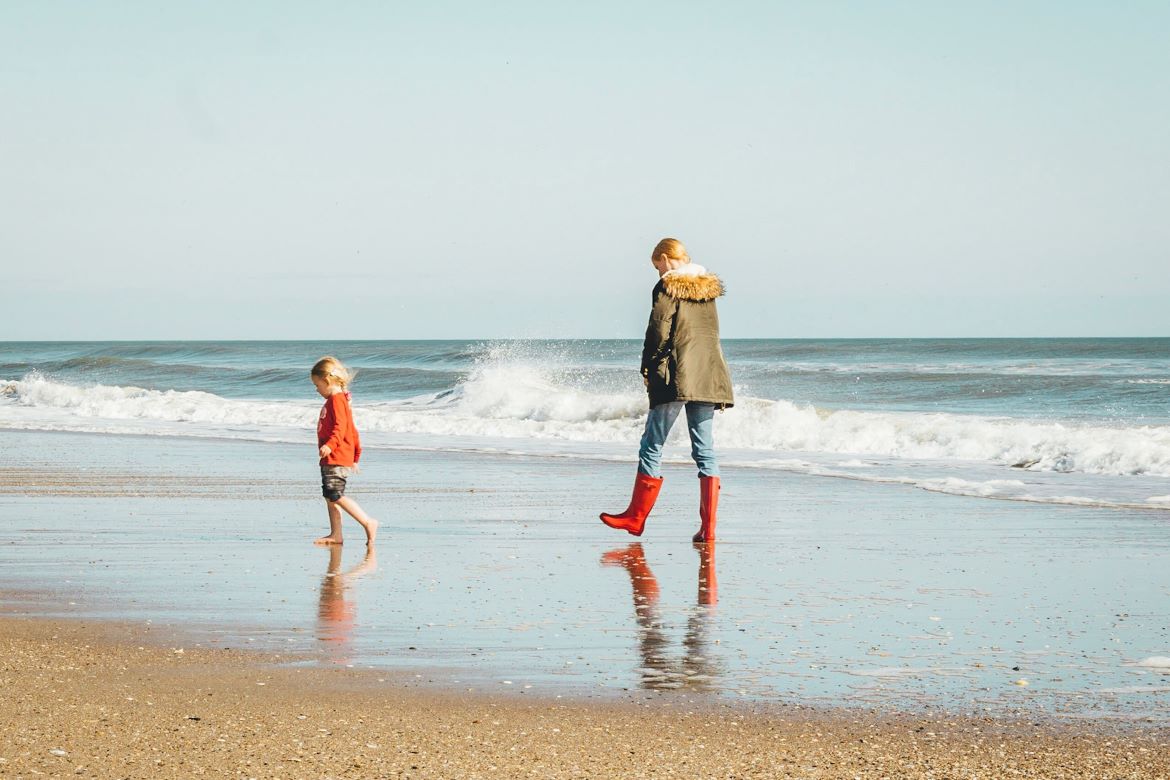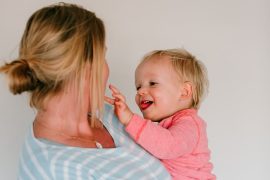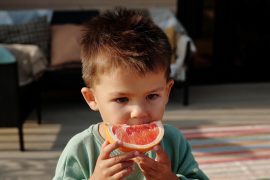By Jo Bealey
There are many expectations when it comes to motherhood; we will be busy, tired, overwhelmed, but lonely? I wasn’t expecting that.
I still feel the pang of jealousy I felt as my husband left for work in the morning, able to stay connected to a world from which I felt so detached. It was a world filled with adult conversations, hot coffee, and a sense of achievement in the workplace. But suddenly, my focus shifted from personal aspirations and social engagements to the relentless role of motherhood. This transition led me, like so many other parents, to a profound sense of isolation as a new identity evolved and priorities changed.
Society often presents success in terms of job titles and income, undermining the immeasurable value of motherhood while highlighting its joys and downplaying the challenges. This unrealistic portrayal can create a profound sense of inadequacy and isolation for mothers who understandably struggle or feel overwhelmed by the realities of their new role.
Society often presents success in terms of job titles and income, undermining the immeasurable value of motherhood while highlighting its joys and downplaying the challenges.
The stigma surrounding postpartum depression and anxiety often silences our struggles, making it even more challenging to reach out for help. The pressure to embody the image of the ‘perfect mother’ can be overwhelming, leading to feelings of failure and guilt.
Motherhood brings changes in relationships. Friends who aren’t parents may have difficulty understanding the demands of raising a child and the chat becomes unreliable. Friends who are parents are often trying to navigate their life around nap schedules or poorly children, and meet-ups become whimsical with constant cancellations. Social times become more complicated, and meaningful adult conversations diminish.
I would find myself fantasising about how it must have been to be a mother during the 1950s – a time when it was common for women to be at home, creating a sense of community for themselves. Having the neighbours come for tea or popping down the shops for dinner and having a chat along the way. Feeling like you were part of a world where everyone understood what it was to be a woman and a mother at home.
This image is a contrast to what many mothers experience now. Loneliness is one of the top causes of mental health issues. After all, we weren’t designed to do this alone. Depression isn’t always a chemical imbalance in the brain; it is reactive, meaning it is the mood in response to our external world. Feeling isolated can lead to a sense of rejection, abandonment, feeling misunderstood, and grief for the life we once had.
It can be especially hard for women when partners are not capable of holding the empathy of what we are experiencing, heightening the sense of loneliness and shame for what is lacking and the desperate need for others.
It becomes a cycle of hopelessness, feeling unable to influence the situation and a perceived failure that they cannot be happy while being with their children. Feeling lonely as a mother doesn’t mean we don’t love our children; it is merely a reflection of the challenges that come with this beautiful yet demanding role.
It can be especially hard for women when partners are not capable of holding the empathy of what we are experiencing, heightening the sense of loneliness and shame for what is lacking and the desperate need for others.
I could now go on to write ways to combat the feeling of isolation with parenting groups and having the courage to reach out for help, but this isn’t my purpose today.
My purpose is to acknowledge what you are feeling and to know that I have felt it too, and so have many women before us, and sadly many more to come. To normalise this unexpected aspect of modern motherhood, and to offer compassion. It is incredibly hard to give so much of yourself to your children at a time when you are already feeling like a part of you is missing.
We’re told to create a village, but to find that village at a time when you are exhausted and depleted is like asking someone to deep dive without oxygen; it feels an impossible task.
I can provide the hope that it gets easier, but that’s not to undermine what you are experiencing now.
You are doing the most important job there is, one which contributes to the ideals of the next generation, and I only wish I, or someone else, could be sat by your side as I say: you are not alone in feeling lonely.
Jo is a therapist based in Perth and works online, through her course and therapy sessions she passionate about supporting the journey of new and expecting parents. Follow her at @ohheyparenthood or visit www.jobealey.com.











